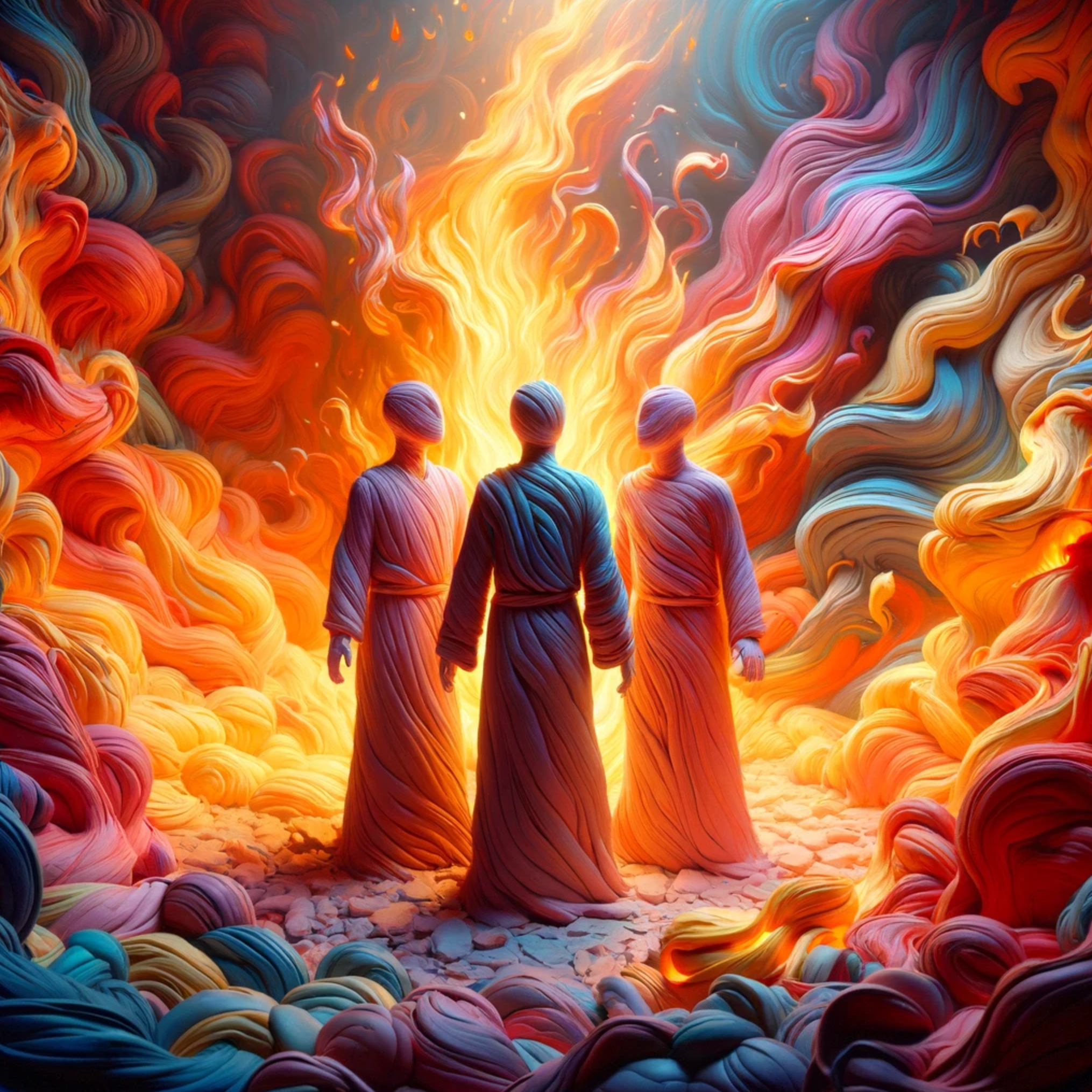Black Between Red and Blue (Unfinished Wrong Draft version)
Program Note: Black between Red and Blue From the series: “Seven Coloured Kusudama” Composer: Gav.Khugzhem G.U.Taka This first movement of the Black Color series—still in the process of refinement—marks the deepest and most personal segment of the entire work. The piece originates from a melody I once called Clandestine Birth, a syncretic line inspired by “Kita Kuni no Haru,” but evolved through layers of political and poetic transformation. What began as a quiet drawing of a park charged with historical meaning has grown into a symbolic confrontation—against misread histories, cultural misrepresentations, and narrow academic narratives. The opening section, Two Black Sheep, represents my long-standing resistance to IndoEuro-jingoism—distinct from comparative linguistics—and to forms of linguistic or archaeological apartheid disguised as “research.” This isn’t merely academic for me. My activism in this area has led to real consequences, including a recent site breach, stemming from past abandoned efforts. The black sheep are not only symbols of rebellion but also my reinterpretation of “the Huns”: not bound by genetics or linguistic labels, but by mentalities. My motto here is simple: “Flip the table with the Popes—even if all you have are two sheep.” Or: “Be in Rome, pray like Attila—and let God decide what’s heresy.” This is not about destruction but renovation: a plea for a more civilized, updated version of this outsider defiance, applicable to how we study and engage with any cultural zone—not merely by skin-deep, linguistic, or genetic tags, but through immersion, ethical empathy, and creative inquiry. The second part expands toward four directions. West is a human portrait of Chris Lutsker, one of my earliest music collaborators. A lullaby bridges our musical dialogues. This section’s tone also references the satirical Miss Swan sketch: “You mean something like this?” —a line that mirrors how I absorb and reflect different cultures: through genuine interaction and deep research, not through borrowed stereotypes. South belongs to Hussam, my TA during a pivotal time in my data science studies. His demeanor—modest, principled, and untainted by the tech-theatre nouveau-riche syndrome—transformed my understanding of leadership and humanity. He stands as the opposite of cynical satire; his presence inspired a headcanon connected to Gorky’s “Stormy Petrel”, which will form the lyrical close of this directional section.

